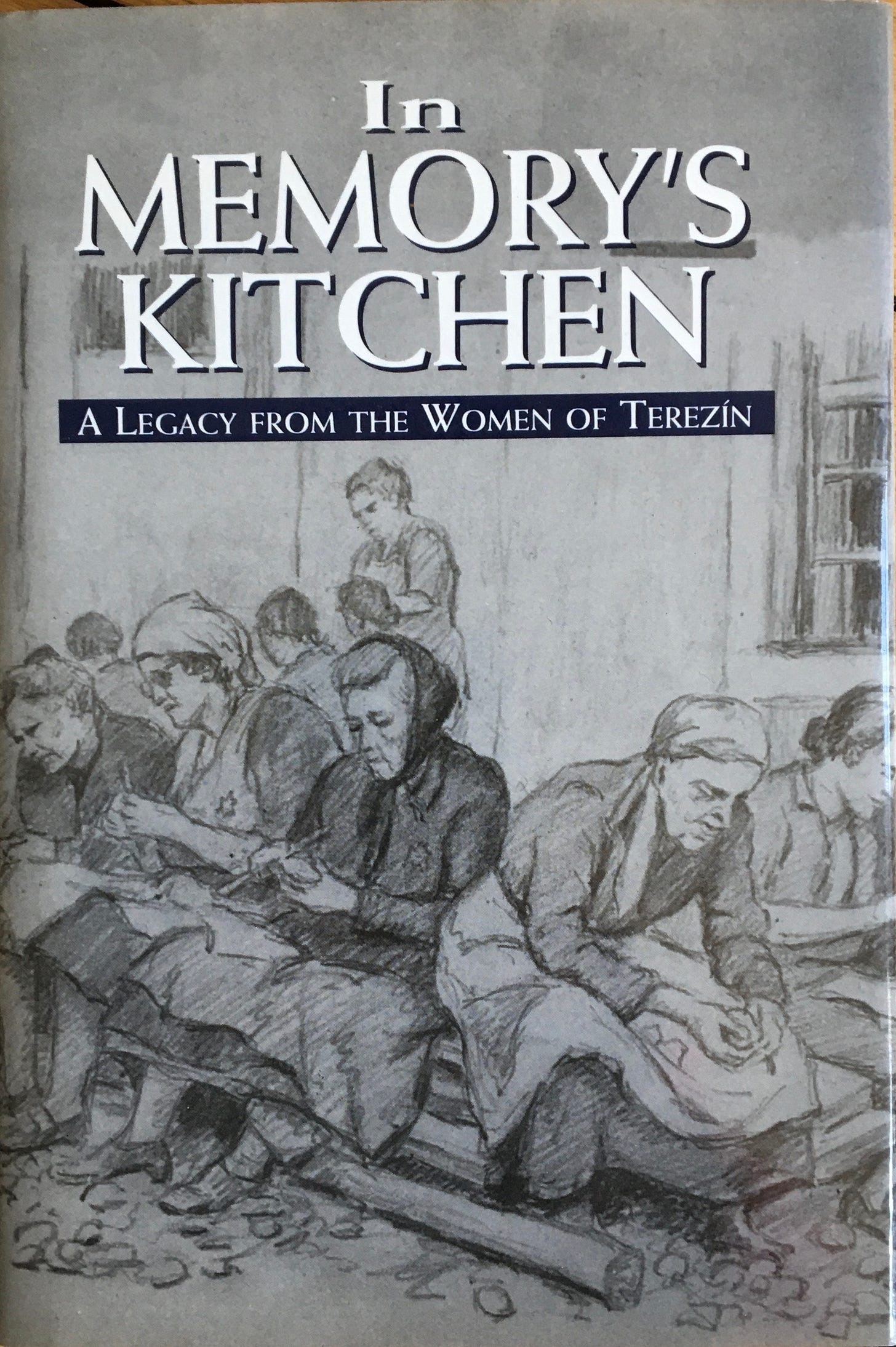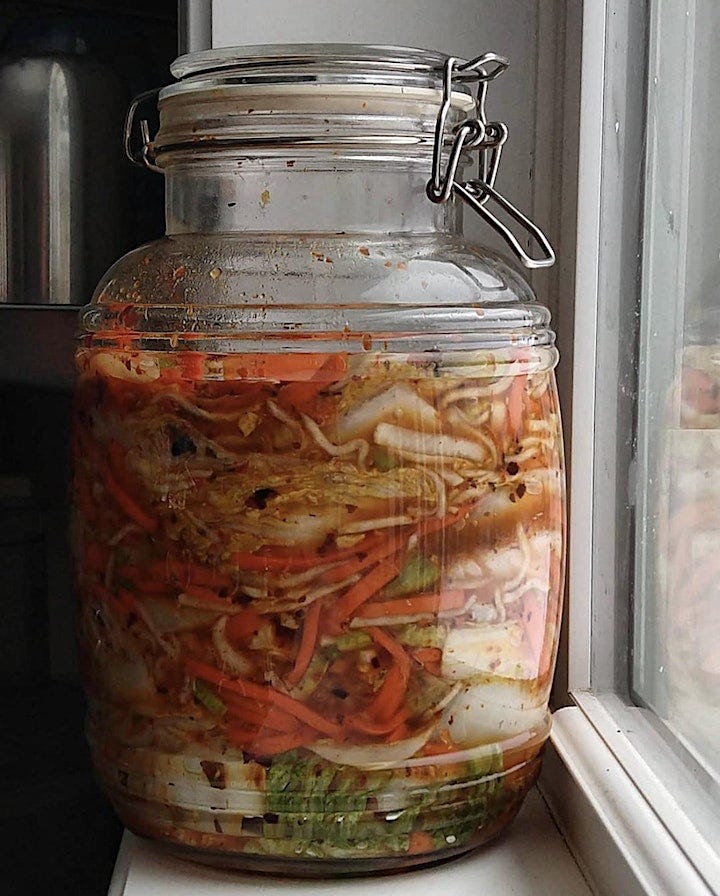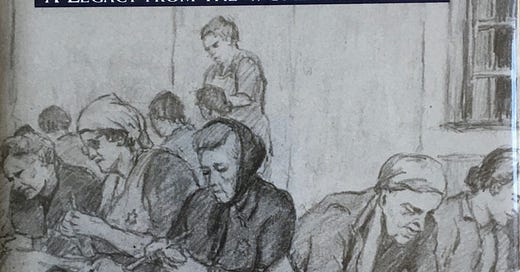Dear Bread,
What is it like to be the bare minimum, essential but basic? The air of food? Prisoners and soldiers are fed rations of bread and maybe soup, food that is only meant to barely keep people alive, not to nourish. The making of such bread has to be a type of torture.
I thought of that as I read In Memory's Kitchen: A Legacy from the Women of Terezin, a book about a cookbook dreamed up during the Holocaust.

This small book has gained attention lately because its editor, Cara de Silva, died in December. Published in 1996, the book is an amazing artifact. Mina Pachter and fellow residents of the “model ghetto” of Terezin wrote recipes of remembered foods as they were starving to death. Remarkably, the handwritten manuscript survived, and traveled to Mina’s daughter, first to Palestine and eventually to New York City. The journey took twenty years.
Terezin or Theresienstadt served as a place the Nazis dressed up for show, to lie to the world that they were treating Jews kindly. Staged visits, such as one by the Red Cross in 1944, were even filmed, a surreal act of propaganda. In reality, the Czechoslovakian village was a waiting room for Auschwitz, and a concentration camp for prominent Jews.
Mina Pachter was an art historian who didn’t heed her daughter’s urge to go to Palestine, thinking that old people were safe from the regime. Once in Terezin, she participated in the cultural life that people tethered together, but as an elderly person, was eventually denied food.
The book’s editor, Cara de Silva was Jewish, born Carol Eileen Krawetz in Manhattan in 1939; she was a journalist who wrote about food, telling stories of traditions, not just tastes. This made her the ideal conduit for delivering this book to the public. Her introduction explains that this cookbook is not unique, but a product of war and deprivation. Prisoners often manage their appetites by conjuring meals and recipes, and the women of Terezin even argued about methods of preparation. Imagination is a weapon, she wrote.
“Born out of the abyss, it is a document that can be comprehended only at the farthest reaches of the mind. Did setting down recipes bring comfort amid chaos and brutality? Did it bring hope for a future in which someone might prepare a meal from them again? We cannot know. But certainly the creation of such a cookbook was an act of psychological resistance, forceful testimony to the power of food to sustain us, not just physically but spiritually.” — Cara de Silva
Please look for this remarkable book. I am so glad that this evidence of the practical dreaming of food, its spiritual & material power, exists.
If you’d like to think with me about this book, and the privations of war, please join me and Ellie on Saturday from 10-12 EST. We will be discussing winter ferments, and thinking beyond our food and salt and knives about the many emotional and physical activities of food. The purpose is to raise funds for Ukraine, but if you are not in a position to help financially, please don’t stay away.

What future do you want to ferment?
Yours, Amy




Thank you Amy! So appreciate you sharing.
Amy, Thank you for sharing. I hope to get a copy on Amazon.